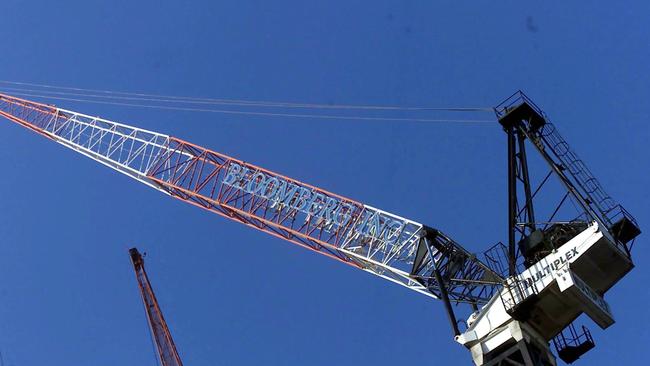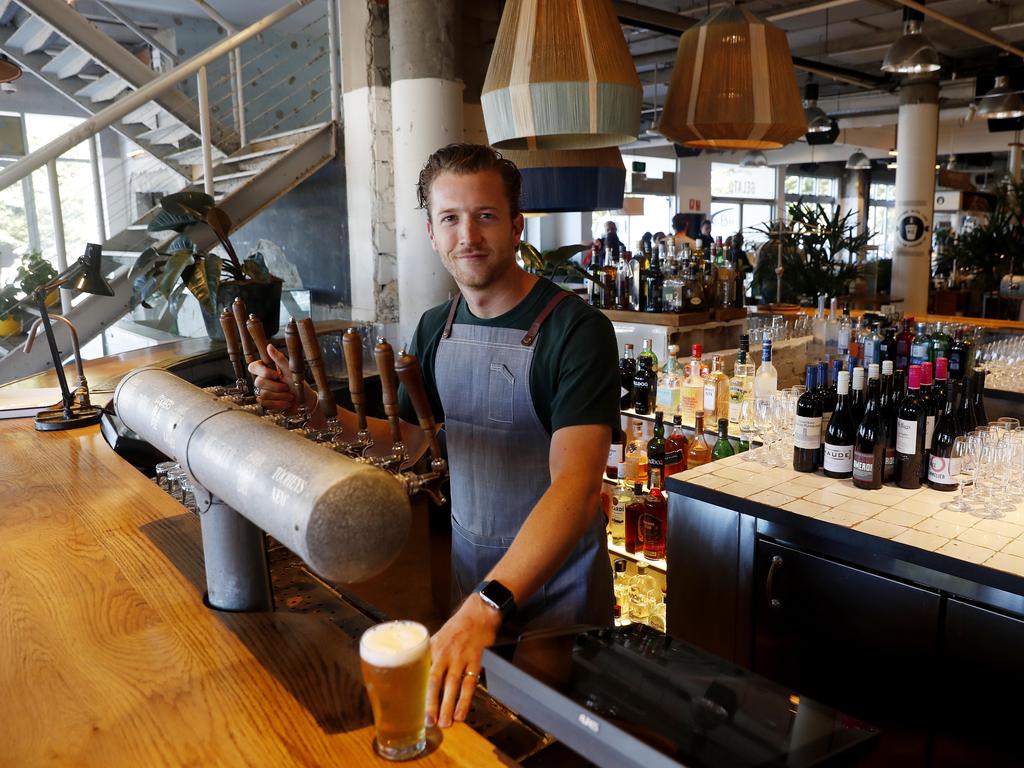Drop in project pipeline brings construction company cuts
The grim construction outlook prompts global construction company Multiplex to make swingeing cuts to workforce.

The grim construction outlook has prompted global construction company Multiplex to make swingeing cuts through its workforce as it deals with fall off in its project pipeline.
Multiplex, one of the country’s most famous builders, was taken over by Canadian group Brookfield more than a decade ago, and operates around the world, with many markets hard-hit by the coronavirus crisis.
Developers are mothballing high profile projects, with GPT Group dumping retail and office redevelopments and Vicinity Centres deferring some projects, including a redevelopment of Sydney’s Chatswood Chase. Some hotel and apartment schemes have also been pushed back.
These moves have hit the forward work available for construction companies, and even top tier firms like Multiplex, that will have less commercial work to tender for once the current round of office towers is completed in Sydney and Melbourne.
The company is undertaking major building projects in those cities, including building a tower above Sydney’s Wynyard station and a new headquarters for National Australia Bank in Melbourne.
The company also has substantial work in big projects in Perth and has specialties in health and education, but declined to comment on Thursday night. It is understood the reductions are in line with both the industry and also the cyclical nature of building works. State governments have fast-tracked planning on new projects, particularly in Sydney and Melbourne, but many schemes are not feasible in the current market.
The job cuts are part of a broader wave of redundancies across the property industry, with commercial real estate agencies imposing cuts to staff pay and trimming the ranks of senior staff.
Real estate investment trusts including Vicinity and GPT have also made cuts, with a focus on development roles as the pipeline of new retail projects dries up and most office projects have been pushed back.
BIS Oxford Economics senior economist Nicholas Fearnley said residential building construction was the main drag on total construction activity, falling 1.6 per cent seasonally adjusted over the March quarter.
“Although COVID-related supply chain disruption may have weighed on activity, the majority of the decline reflects the downturn in dwelling approvals seen in 2018 and 2019,” he said.
Residential building activity trending down
Mr Fearnley said the lag between the shift in sentiment caused by the pandemic, and its impact on the outlook for migration in particular, would contribute to residential building activity trending down well into 2021.
In non-residential building, privately funded activity is expected to fall over the near term as supply chain disruptions continue to impact the sector. Beyond this BIS expects further declines, as a result of projects that were scheduled to get underway being put on hold or axed altogether.
“Anecdotal evidence suggests that many businesses have put capital expenditure decisions on pause to assess the full fallout from the pandemic. We see the potential for government stimulus, but as this is unlikely to be announced before the budget in October, it won’t flow through to work done until 2021,” Mr Fearnley said.
The specialist ACIF construction forum said last week that while construction had been allowed to remain open for business, this did not mean that it would be immune from containment measures.
“The employment data suggests that it has shed employment over the lockdown period to date. The losses in employment in construction indicate that there probably is some spare capacity in this sector,” ACIF said.
Pandemic brings challenges
The forum said the COVID-19 pandemic had brought about challenges, including reductions in immigration and population growth, reduced foreign investment in new residential projects, and a moderation in incomes and employment trimming domestic demand. This had prompted difficulties in continuing construction work, and building the pipeline of new work.
ACIF warned that without additional government stimulus, forecasts for residential building activity could see sharper falls in work done of 8 per cent per annum over 2020 and 2021. New projects could also fall even further.
Non-residential building activity was also expected to contract without intervention, with activity to drop by 3.2 per cent in 2020 and 2.4 per cent in 2021 and then continue to decline over the next three years.
The largest losses are predicted in accommodation and retail and wholesale trade, where activity is likely to be highly sensitive to changes in consumers’ disposable income. Education may also be hit by delays in the return of international students to local universities. Health and aged care could be busier.







To join the conversation, please log in. Don't have an account? Register
Join the conversation, you are commenting as Logout